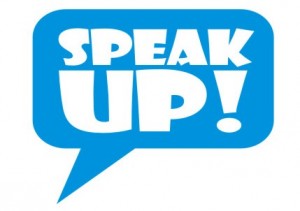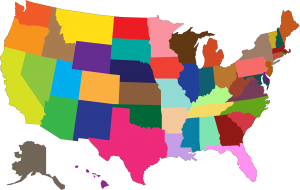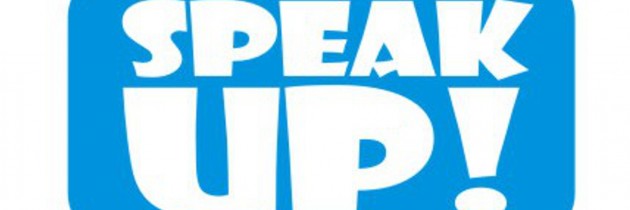Speak Up 2016 | GT Identification and Student Access
 It is time for the 2016 Speak Up community conversation about gifted youth in the St. Croix Valley! During November we ask you step forward and speak up, with a focus on student Identification and Access to GT Services.
It is time for the 2016 Speak Up community conversation about gifted youth in the St. Croix Valley! During November we ask you step forward and speak up, with a focus on student Identification and Access to GT Services.
Start a conversation. Choose to do the important, necessary work of advocating for students. Check out the questions and steps we provide below before getting started. Write or pick up the phone. Share constructive thoughts with school leaders.
- Does this year’s effort include ALL local schools? – Yes, this MCGT chapter serves and supports local GT learners, families, and educators from all school settings: public, charter, parochial, private, and homeschool — including preschool. We invite and encourage all school communities to participate.
- What was the 2015 effort about? – Last year we asked you to advocate for data-driven, research-based, student-focused gifted instruction and learning supports across K-12. Visit the 2015 Speak Up FAQ for background.
- Please consider sharing your letter or email cc: stcroixvalley@mcgt.net. Our board members want to keep your insights at the front of our work on behalf of area students and this MCGT chapter. It also helps us count how many people choose to act! We will not share or publish your remarks without permission.
2016 Focus: Speak Up on Identification and Access
 Identification and access to learning interventions and differentiation that meet student needs are important for all kids, including gifted students. Providing gifted services is not about pushing kids too hard, but about meeting them where they already are.
Identification and access to learning interventions and differentiation that meet student needs are important for all kids, including gifted students. Providing gifted services is not about pushing kids too hard, but about meeting them where they already are.
Having identification practices does not ensure that a school will provide students with access to learning supports, or that a teacher has experience or receives adequate supports to differentiate effectively for gifted kids.
Minnesota is one of only a handful of States that require districts to identify students for gifted services. At the State level, taxpayer dollars provide limited funding that districts may use to pay for gifted identification, related curriculum, and/or professional development for educators who work with gifted students.
 2016 Minnesota legislative changes require districts and charter schools to include information about three areas of their gifted and talented programs within their World’s Best Workforce (WBWF) plans:
2016 Minnesota legislative changes require districts and charter schools to include information about three areas of their gifted and talented programs within their World’s Best Workforce (WBWF) plans:
- Identification practices
- Acceleration procedures
- Procedure for early admission to kindergarten and first grade consistent with Minnesota Statutes
New federal ESSA legislation requires schools to measure and report on learning growth among high-ability learners. Under the same law, schools will be able to utilize Title I dollars to deliver gifted services and Title II professional development dollars for teacher supports starting in 2017-2018.
What Can You Do? Take These Easy Steps
Know the Goal. > Put community voices together as a constructive force that advocates for data-driven, research-based identification of gifted learners and making gifted learning supports more accessible to support student growth.
Review. > What will you say? Ask yourself these questions as a starting point:
- Do existing identification practices reach the kids whose abilities indicate gifted services and relevant learning interventions are appropriate? What student populations may get overlooked?
- What communication happens about how and why identification practices happen? How are parents and community members included in the conversation?
- How are identification practices for gifted learners revisited, reviewed, and adjusted?
- Once identified, do students have equitable access to gifted services? Does that change as students make transitions from one year or one classroom to the next? What barriers, stereotypes, misperceptions, or other factors may get in the way?
- How and why should school(s) adapt or strengthen identification for and student access to gifted services? What do(es) your school(s) already do well in these areas?
Speak Up. > Add your voice. Call or email. Share your story. What matters is that you choose to share feedback with school leaders during November.
Invite. > You know people who may want to be part of this effort. Kids and education are their priorities. You’re connected via school, teams, music, or shared interests. Invite them to join us! Use the share buttons to spread the word via social media.


